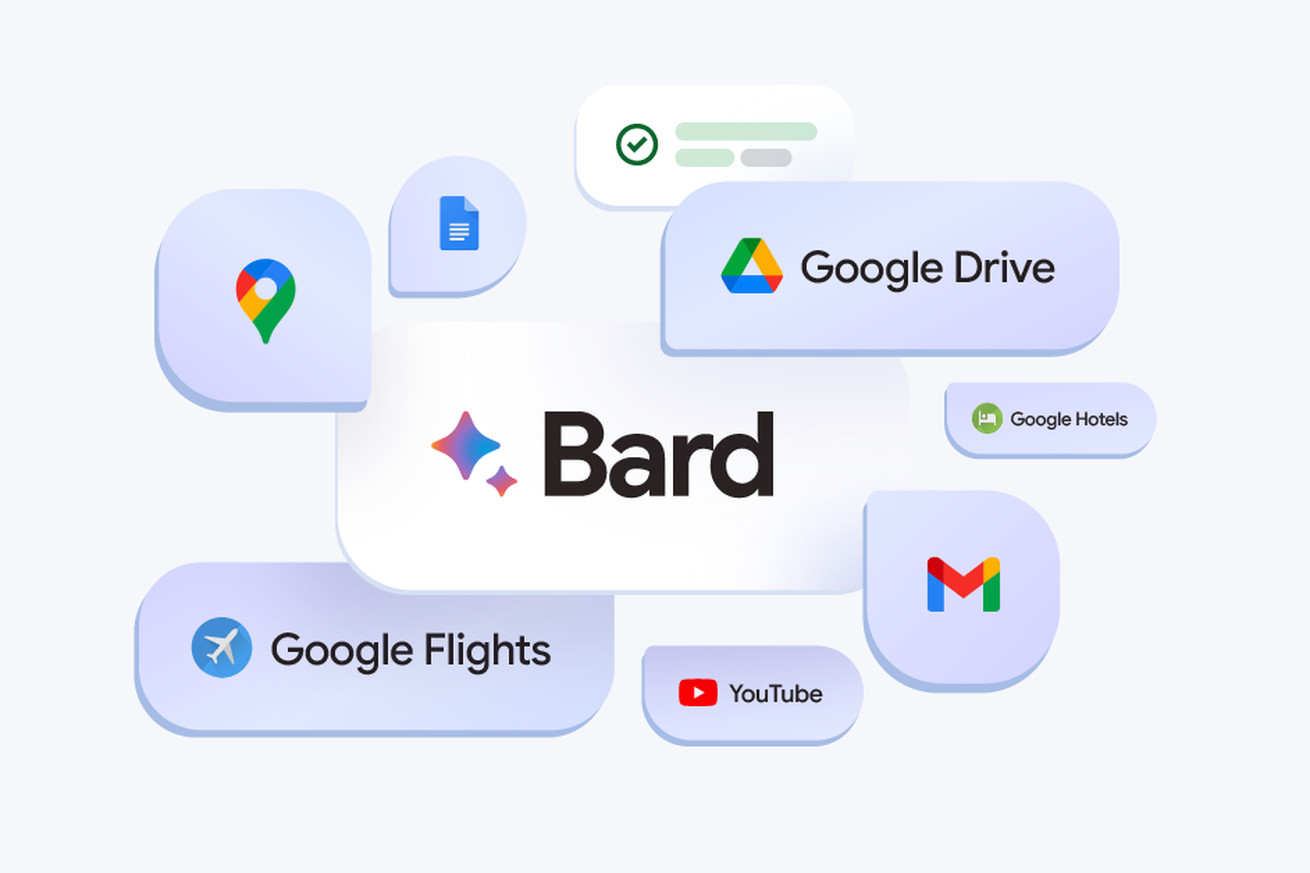Highlights:
- Google ended its contract with Appen, an Australian data company involved in training its large language model AI tools used in Bard, Search, and other products.
- The decision was made as part of Google’s effort to evaluate and adjust its supplier partnerships to ensure vendor operations are as efficient as possible.
- Appen had no prior knowledge of Google’s decision to terminate the contract.
- Human workers at companies like Appen often handle many of the more distasteful parts of training AI models, such as reviewing and labeling data.
Google has recently decided to end its contract with Appen, an Australian data company that has been involved in training its large language model AI tools used in Bard, Search, and other products. This decision comes at a time when competition in the AI space is increasing, and companies are looking for ways to develop more advanced generative AI tools. According to a statement from Google spokesperson Courtenay Mencini, the decision to terminate the contract was made as part of Google’s ongoing effort to evaluate and adjust its supplier partnerships across Alphabet to ensure vendor operations are as efficient as possible.
The termination of the contract came as a surprise to Appen, as the company had no prior knowledge of Google’s decision. Appen notified the Australian Securities Exchange in a filing, stating that they were not aware of the termination. This sudden end to the contract has raised questions about the future of AI training and the role of human workers in this process.
Training AI Models
Training AI models is a complex and time-consuming process that involves feeding large amounts of data to the AI system and allowing it to learn from that data. This process is often carried out by human workers who review and label the data to provide the AI system with the necessary information to make accurate predictions or generate new content.
Companies like Appen play a crucial role in this training process, as they provide the human workforce needed to label and review the data. These workers are responsible for tasks such as identifying objects in images, transcribing audio recordings, and categorizing text. Their work helps the AI system understand and interpret the data, enabling it to perform specific tasks or generate meaningful output.
The termination of the contract between Google and Appen raises questions about the future of AI training and the role of human workers in this process. While AI models are becoming increasingly sophisticated, they still rely on human input to learn and improve. Human workers are able to provide context, judgment, and critical thinking that AI systems currently lack.
The Role of Human Workers
Human workers at companies like Appen often handle many of the more distasteful parts of training AI models. This includes reviewing and labeling data that may be explicit, violent, or otherwise objectionable. These tasks can be mentally and emotionally challenging, requiring workers to view and analyze content that may be disturbing or offensive.
However, despite the challenges, many workers are drawn to this field due to the opportunities it provides. Working in AI training allows workers to contribute to the development of cutting-edge technology and advance the field of artificial intelligence. It also offers flexible work arrangements, allowing workers to choose their own hours and work remotely.
Despite the importance of their work, human workers in the AI industry often face uncertain job prospects. As AI models become more advanced, there is a concern that they may eventually replace human workers altogether. This raises ethical questions about the responsibility of companies to provide ongoing support and training for workers whose jobs may be at risk.
The Future of AI Training
The termination of the contract between Google and Appen is a reminder of the evolving nature of the AI industry. As companies like Google seek to improve the efficiency and effectiveness of their AI systems, they may choose to reassess their partnerships and explore new avenues for training their models.
One possible direction for the future of AI training is the development of more advanced generative AI tools. These tools have the potential to generate human-like text, images, and even videos. By training AI models on vast amounts of data, these tools can learn to mimic the style and content of human creators, opening up new possibilities for content generation and creative expression.
However, the development of generative AI tools also raises concerns about the potential for misuse and ethical implications. There are concerns that these tools could be used to spread misinformation, create deepfake videos, or generate harmful content. As companies continue to develop these tools, it will be essential to establish safeguards and guidelines to ensure responsible use and mitigate potential risks.
Conclusion
The termination of Google’s contract with Appen highlights the evolving landscape of AI training and the role of human workers in this process. While AI models are becoming increasingly sophisticated, they still rely on human input to learn and improve. Human workers play a crucial role in reviewing and labeling data, providing context, judgment, and critical thinking that AI systems currently lack.
As companies like Google reassess their supplier partnerships and explore new avenues for training their AI models, it is important to consider the ethical implications and potential risks of developing more advanced generative AI tools. While these tools offer exciting possibilities for content generation and creative expression, they also raise concerns about misinformation, deepfake videos, and harmful content.
The future of AI training will likely involve a combination of human input and advanced generative AI tools. By leveraging the strengths of both humans and machines, companies can develop AI systems that are more accurate, efficient, and responsible. It will be important for companies to prioritize the well-being and job security of human workers in this evolving industry, providing ongoing support and training to ensure a smooth transition to the future of AI training.
Hot take: The termination of Google’s contract with Appen is a strategic move to optimize vendor operations and explore new avenues for AI training. While this decision may create uncertainty for human workers in the short term, it also presents an opportunity for the development of more advanced generative AI tools. The future of AI training lies in finding a balance between human input and machine learning, ensuring responsible use and mitigating potential risks.




